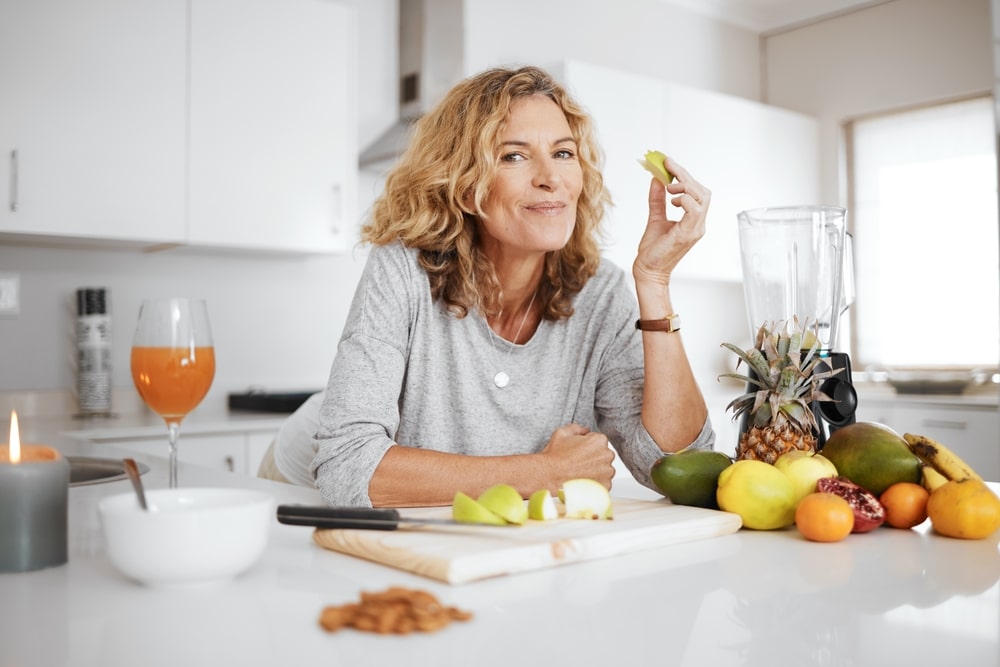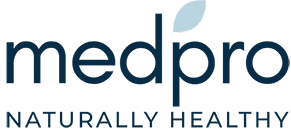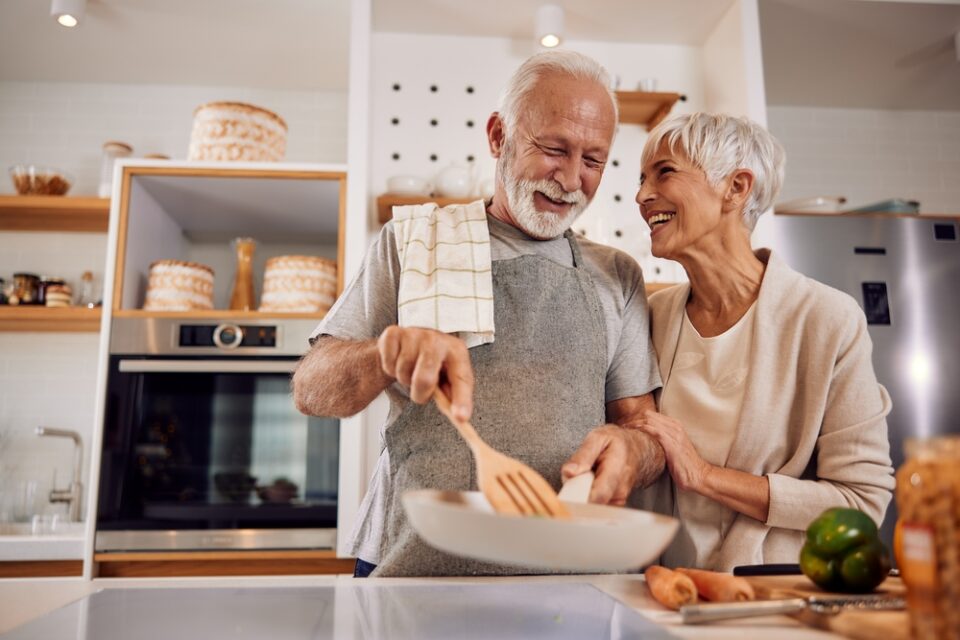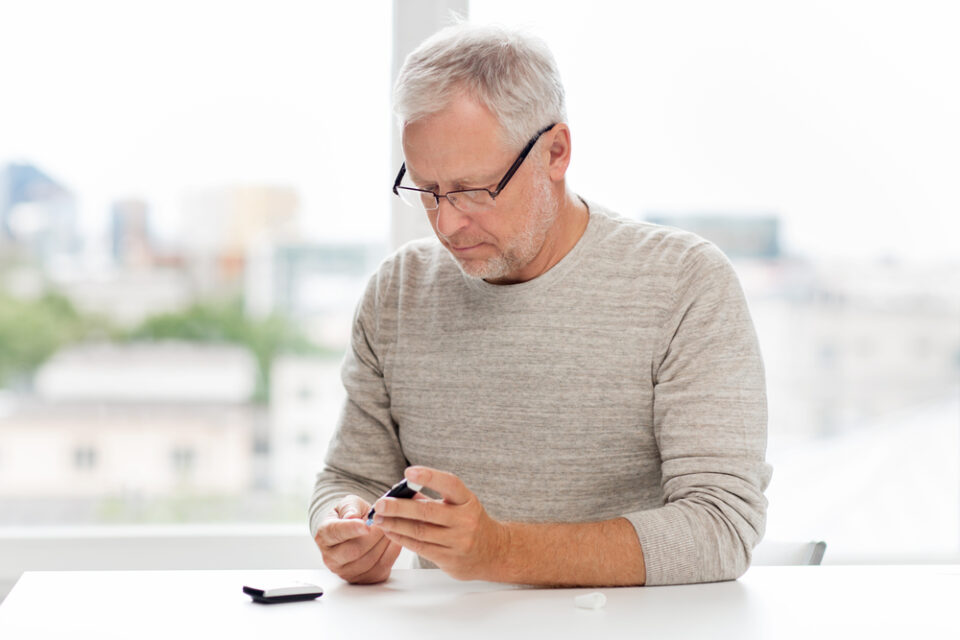Vegetarians and vegans are more likely to suffer from iron deficiency than people on a mixed diet. This is because “plant-based” iron is not easily absorbed by the intestines. Vitamin C can help here.

How does iron deficiency affect our body?
Iron is an essential trace element. The body must absorb the mineral from food, so it cannot produce it itself. Iron is involved in countless metabolic processes in the body. However, it is most important for the blood. Here it forms the central atom of haemoglobin, the blood pigment that is responsible for transporting oxygen into every cell, among other things. Iron also plays a crucial role in energy supply, DNA production and immune defense.
An iron deficiency can have far-reaching consequences. Iron deficiency is the most common cause of anemia. In iron deficiency anemia, the blood cannot absorb enough oxygen and the body is insufficiently supplied with iron.
The first signs of an iron deficiency are dizziness, palpitations, shortness of breath, tiredness, fatigue, paleness and tingling in the hands and legs. Hair and nails become brittle, and people with an iron deficiency can also be more susceptible to infections and colds.
Why do vegetarians and vegans have an increased iron deficiency?
People who eat a mixed diet are less likely to be affected by iron deficiency than vegans or vegetarians. Although there are many sources of iron available for vegetarians and vegans in the form of pulses, wholegrain products, green leafy vegetables and many other foods, some people with this type of diet have an iron deficiency. This is due to the bioavailability of iron. Bivalent iron from meat is more easily absorbed by the intestine than trivalent iron from plant products.
What can have a negative effect on iron absorption in the body?
There are foods that can prevent iron absorption, such as the phytic acid in wholegrain cereals and pulses. It binds to iron, zinc or magnesium and makes it less readily available to the body. However, heating, fermenting or soaking reduces the phytic acid content. Polyphenols in coffee, cocoa or black tea can also inhibit iron absorption. Such drinks should be consumed at a distance from iron-rich meals. Vitamin C, on the other hand, promotes iron absorption.
What can promote iron absorption?
Vitamin C is a powerful antioxidant and can neutralize free radicals and aggressive oxygen molecules. These occur during normal metabolic processes in the body, but also as a result of poor nutrition, harmful UV radiation or stress. The highly reactive molecules can attack the cells and thus accelerate cell ageing. Antioxidants are able to prevent this and therefore make a decisive contribution to cell protection.
Vitamin C can promote the absorption of iron from the intestine. It therefore not only helps to reduce tiredness and fatigue, but can also have a positive effect on the immune system. Vegetarians and vegans with a varied diet can be confident that sufficient iron will be absorbed from the intestine if they are well supplied with vitamin C.

Supporting iron absorption with food supplements
In addition to highly concentrated green tea extract OM24, 4protection contains plenty of magnesium and vitamin C. This can promote the absorption of iron in the body. Green tea extract and vitamin C act as antioxidants and thus neutralize free radicals and aggressive oxygen molecules.
The magnesium in 4protection can contribute to the normal functioning of the nervous system and is therefore good for inner peace and balance. So order 4protection today to support your health and immune system!



